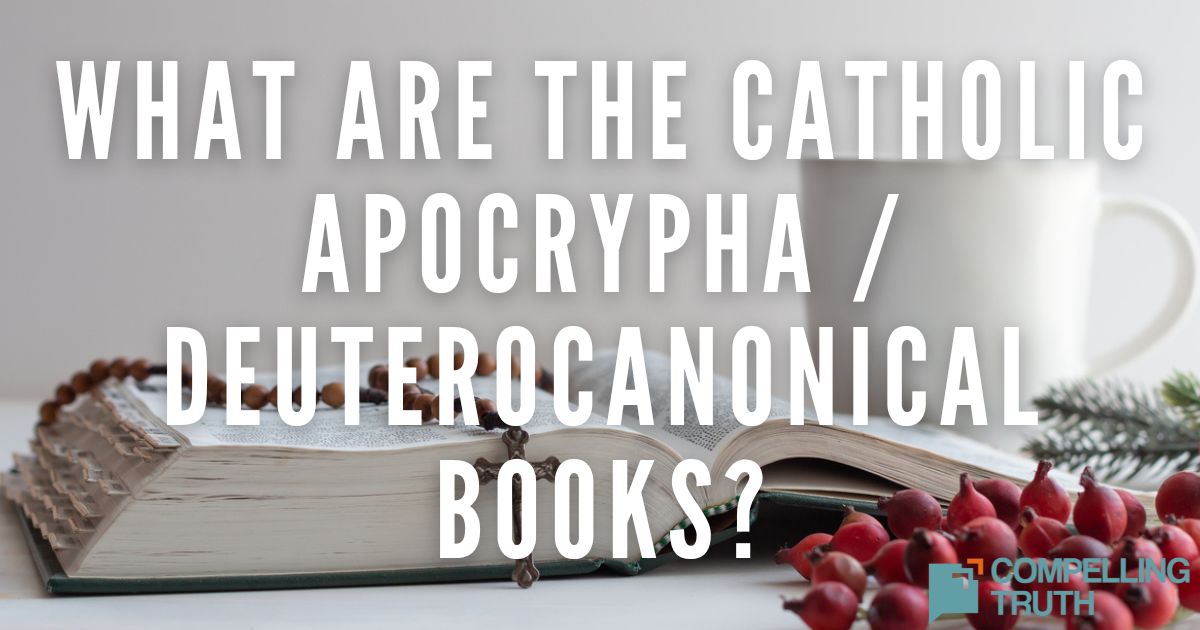what does the bible say?
The Pseudepigrapha are ancient religious writings falsely attributed to well-known biblical figures, written between 300 BC and AD 300. These works—ranging from the Book of Enoch to the Gospel of Thomas—were often attempts to preserve faith, explain history, or interpret Scripture, but they were never recognized as inspired by God. The Old Testament warns against false prophecy (Deuteronomy 18:18-22; Jeremiah 14:14), and the New Testament reflects the early church’s concern over forged letters (2 Thessalonians 2:2, 3:17). While the Pseudepigrapha can provide historical and cultural insight into the spiritual climate between the Testaments and early Christianity, they lack the marks of divine inspiration that characterize the biblical canon. Their existence reminds us to treasure the tested and Spirit-breathed Word of God, which alone carries the authority to teach, correct, and guide us in truth (2 Timothy 3:16-17).




